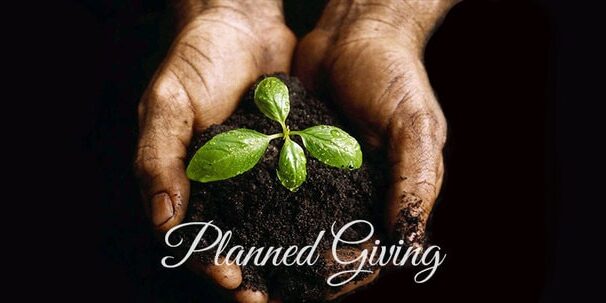Implicit Bias
Note: The following piece was co-authored by Providence Associate Jane Fischer and Providence Associate Pearlette Springer.
Recently, there has been a backlash on diversity, equity, and inclusion (DEI) efforts. Conversations on diversity, equity, and inclusion can be traced back to the 1960s. Channels for reporting incidents of biases have become common in institutions of higher education, corporations, and government departments in recent years, but it is difficult to find a centralized collection of data. In today’s political climate, the efforts to stop anti-bias training are gaining traction. According to NBC News, “more than 30 states have introduced bills banning or limiting DEI initiatives during their current legislative session” – 3 enacted, 8 passed, at least one chamber, and 19 introduced. Another NBC news report states that “a Utah bill now headed to Gov. Spencer Cox’s desk would ban all government and universities from having offices dedicated to promoting diversity.”

What is implicit bias? As defined by Psychology Today’s article “Bias”, it is “Unconscious forms of discrimination and stereotyping based on race, gender, sexuality, ethnicity, ability, age, and so on.” G. Tsipursky goes on to say, “The crucial thing to highlight is that there is no shame or blame in implicit bias, as it’s not stemming from any fault in the individual. This no-shame approach decreases the fight, freeze, or flight defensive response among reluctant people, helping them hear and accept the issue.” Bias and prejudice are universal. Matthew even talks about bias in Chapter 7:1-3: “Refuse to be a critic full of bias toward others, and you will not be judged …. The measurement you use on them will be used on you.”
Implicit Bias begins early in life during our formative years. Implicit bias is formed by our experiences, encounters, and engagement with others.; Explicit bias comes much later. In Fratelli Tutti Pope Francis tells us “When the dignity of the human person is respected, and his or her rights recognized and guaranteed, creativity and interdependence thrive, and the creativity of the human personality is released through actions that further the common good.” (no. 22).
We all have biases. “From the standpoint of defining yourself as different from others, identity is based on a particular relational stance that we define in opposition to difference. Comparing others gives rise to bias, rivalry, competition, superiority … preconceived judgments … and stereotypes, which are internalized and become the formative organization of character development.” (ibid., p.38).
Recalling growing up in a small town, I distinctly remember being aware of attitudes about people living on the “south side,” members of other faiths and different churches – including other Catholic parishes – and rivalries with other small towns. Rivalries are a form of group bias and carry attitudes that stay with us long into adulthood when we should know better.
Research on “implicit bias” suggests that people can act based on prejudice and stereotypes without intending to do so. It is important to understand where we are on the scale of ‘bias’ or ‘prejudice.’ “Our human nature is to prefer and identify with our own kind, including race. While conscious construction of the self and identity may zealously oppose such a notion … the interior forces governing identification and negation will always infiltrate our conscious organizations.”
In the episode Implicit Bias, Part 2, we get to listen in as two Sisters of Providence of Saint Mary-of-the-Woods share their reflections after attending implicit bias training and taking an online self-evaluation test.
This follow-up tells us about our personal discoveries of what the Kirwan Institute calls attitudes or stereotypes that are activated unconsciously and involuntarily. We hope this episode shines some light on bias and how it negatively impacts the common good.

